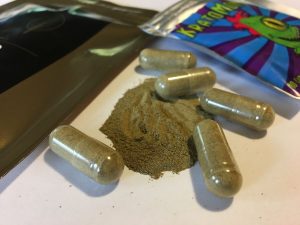Major Depressive Disorder (MDD), commonly referred to as depression, is a serious and crippling emotional wellness condition affecting millions around the world. Described by persistent feelings of sadness, hopelessness, and loss of interest or pleasure in activities, MDD can significantly debilitate day-to-day functioning and personal satisfaction. Be that as it may, in the midst of the darkness of depression, there exists a beacon of trust as Fluoxetine, commonly known by its image name Prozac (Fluoxetine) 20mg.
Fluoxetine belongs to a class of medications called selective serotonin reuptake inhibitors (SSRIs), which work by increasing the levels of serotonin, a neurotransmitter, in the cerebrum. Serotonin plays an urgent job in controlling temperament, emotions, and conduct, and its unevenness is frequently associated with depression. By hindering the reuptake of serotonin, fluoxetine helps keep up with more significant levels of this neurotransmitter in the mind, thereby easing depressive symptoms.
Numerous clinical studies have demonstrated the adequacy of fluoxetine in the treatment of MDD. Patients taking fluoxetine frequently experience significant improvements in temperament, energy levels, and, generally speaking, prosperity. Dissimilar to more seasoned antidepressants, fluoxetine has a moderately ideal side impact profile and is by and large very much endured by most individuals. Common side effects might include nausea, migraine, and insomnia, yet these frequently diminish after some time or with dosage adjustments.

One of the vital advantages of Prozac (Fluoxetine) 20mg is its long half-life, which allows for once-everyday dosing and more noteworthy convenience for patients. This can be especially helpful for individuals struggling with adherence to medication regimens, a common test in the administration of chronic conditions like depression.
In any case, it’s essential to understand that antidepressant medications like fluoxetine are not a one-size-fits-all solution for depression. Therapy outcomes can change generally among individuals, and a personalized methodology that considers factors such as clinical history, co-occurring conditions, and individual response to medication is vital.
Fluoxetine, with its powerful antidepressant properties and good bearableness profile, offers new horizons for individuals wrestling with major depressive disorder. As we continue to investigate the complexities of depression and its treatment, fluoxetine stands as a beacon of trust, enlightening the way toward recuperation and restored imperativeness










































